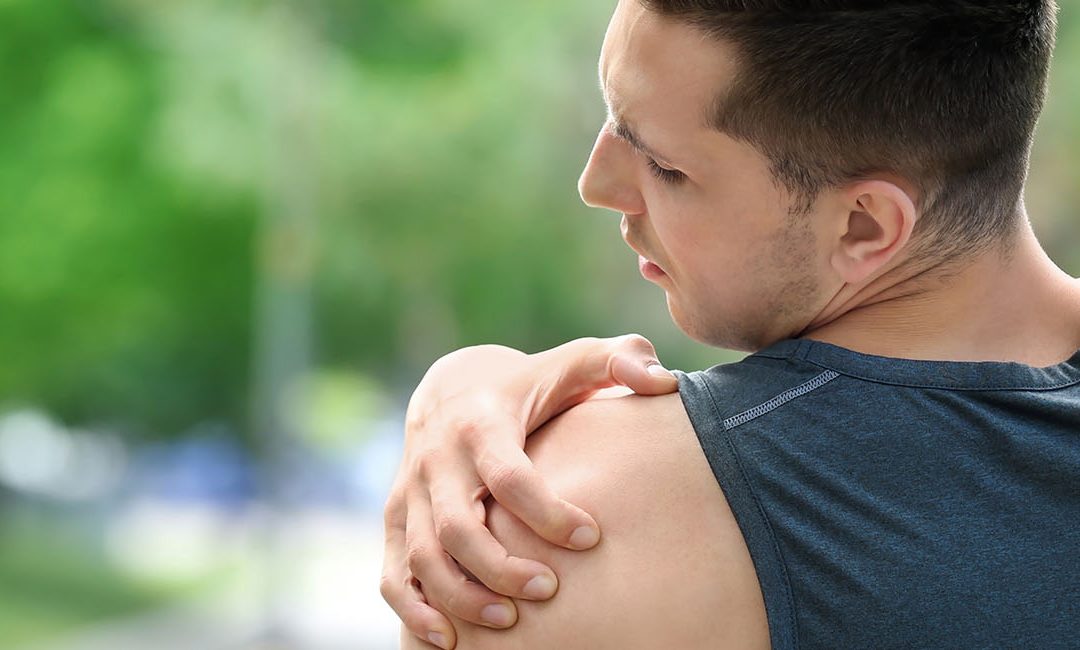The shoulder joint is an important upper body joint comprising of the humerus (upper arm bone), scapula (shoulder blade) and the clavicle (shoulder blade). It is further divided into two main joints: Glenohumeral Joint- The upper part of the humerus is rounded and fits into the cavity of the scapula called glenoid, which forms the glenohumeral joint. Acromioclavicular Joint- This joint is located near the point where the clavicle comes in contact with the tip of the shoulder blade. Shoulder Arthritis can affect any one of the above mentioned joints and restrict the mobility of the joint.The condition can be of the following types: Rheumatoid Arthritis- It causes swelling of the lubricating tissues (synovium) which may hamper the movement of the joint. It may affects both the shoulders at the same time Osteoarthritis- The condition affects the AC joint and is commonly associated with the gradual wear and tear of the protective cartilage around the bones Avascular Necrosis- Disruption of the blood supply to the humerus may damage the cells and eventually propagate the onset of Arthritis Rotator Cuff Tear Arthropathy- Injury to the rotator cuff prevents it from keeping the humerus within the glenoid socket. This may lead to bone damage and Arthritis Posttraumatic Arthritis- It develops as a result of an injury or trauma to the shoulder joint
Causes
- Wear and tear of the shoulder joint
- Trauma or injury
- Sickle cell disease, fractures in the shoulder bones, alcohol consumption or Shoulder Dislocation
- Autoimmune disorders that may damage the tissues, bones, cartilage and ligaments
Symptoms
- Pain, stiffness and swelling
- Inability or difficulty moving the shoulders, neck and upper arm
- Pain may intensify with weather change
- Discomfort while sleeping
- Grating sensation while moving the joint
Diagnosis
- The orthopedic doctor may analyze the symptoms, range of motion besides checking the joint for swelling, tenderness or bruises
- Evaluation of the patient’s medical history and genetic ailments, if any
- X-ray imaging, MRI scans
Treatment
- Rest and avoiding any activity that may aggravate the pain
- Apply ice packs at regular intervals for a few days to relieve inflammation
- Anti-inflammatory drugs and painkillers may be prescribed
- Injecting corticosteroids into the joint
- Physical therapy may help to strengthen the joint and supporting muscles
- Arthroscopy may be used to remove debris from the affected joint
- Joint replacement surgery may be required in case of severe damage to the shoulder joint
For diagnosis and treatment of Shoulder Arthritis, visit OrthoTexas.


